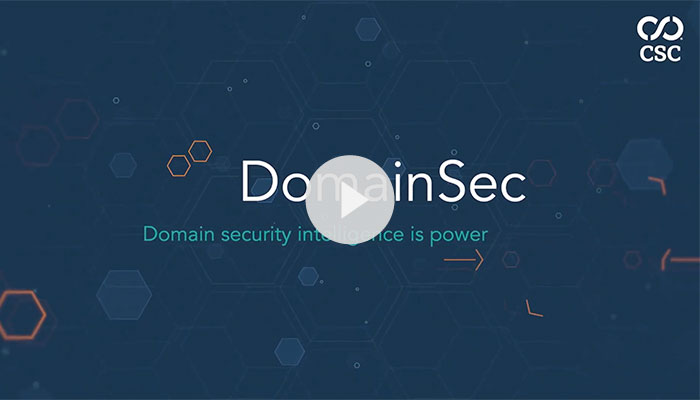DOMAIN REGISTRARS: TWO MAJOR CATEGORIES
When it comes to the complexities of the domain registrar ecosystem, vendor selection matters. There are two major categories of domain registrars.
YOUR CYBERSECURITY IS ONLY AS STRONG AS YOUR WEAKEST VENDOR
DOMAIN SECURITY IN ENTERPRISE RISK
Understand why it's important for companies to use enterprise-class registrars.
WHY USE AN ENTERPRISE-CLASS PROVIDER?
While anyone can say they offer services that meet the needs of today's global corporations, the onus is on companies to do the homework to understand the differences between third-party providers. Companies need to understand how their choice of provider fits into decisions made about their organization's overall security posture, along with concerns about compliance and risk.
WE'RE READY TO TALK
Our specialists are ready to help you protect your brand from pervasive cyber threats.


